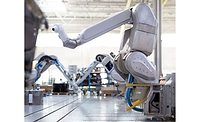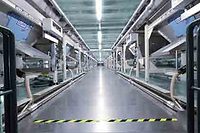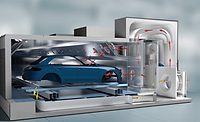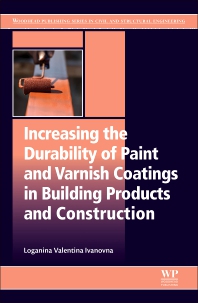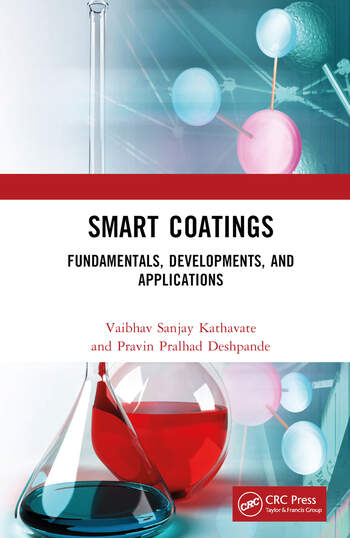Dürr Is Building Smart and Resource-Efficient Paint Shop in Mexico

SOUTHFIELD, MI — Dürr is building a paint shop in Mexico for the BMW Group that meets the requirements for connected Industry 4.0 production. This ultra-modern plant featuring the first integrated smart factory concept from Dürr is being built at the San Luis Potosi, Mexico, site.
Dürr is supplying the complete paint shop: from pretreatment and electrocoating processes all the way through to the spray booths with application technology and the ovens. The wastewater treatment plant, the deionization system of the water, and the shop ventilation are also included in the scope of services provided by Dürr. The respective processes are designed around the consistent integration of smart solutions.
In the first stage, the paint shop is designed for a capacity of 35 vehicles per hour, with the option to increase the throughput to twice this capacity later. The PT/EC area is designed to accommodate 60 vehicles per hour from the outset. BMW will use its tried-and-tested, fully automatic Integrated Paint Process in this plant, which eliminates the primer and a drying phase.
In terms of the paint shop layout, Dürr relies on a simple industrial building without intermediate levels in conjunction with multi-functional body stores with high-bay storage technology. This concept offers the advantage of sorting the vehicles with elective access, which eliminates the need for an additional, conventional painted body store.
The focus on sustainability starts right from the PT/EC area. The RoDip rotational dip process is used in pretreatment and electrocoating. Since the bodies are fully rotated in the tank, RoDip does not need entry and exit inclines. The smaller volume of this shorter tank reduces the quantity of water and chemicals required as well as the energy consumption for tank conditioning. The use of membrane technology in PT/EC and the wastewater treatment plant reduces water consumption and the volume of wastewater even more.
A total of 30 EcoRP E/L133i robots from the third and latest generation ensure efficient paint application at the San Luis Potosi facility. The robots can be operated on a rail running either above or below in the topcoat and clear-coat lines. They are used as trunk openers and for exterior and interior painting. For the first time in North American, the new Dürr painting robot with cloud-enabled control is being used.
The newly developed EcoRCMP2 process and motion controller controls the third generation robots from Dürr. The integrated safety controller for monitoring the workspace and speed of the robots is an example of the smart factory concept. Sensors ensure networking of the robot data with the higher-level maintenance software and control system.
The EcoScreen Maintenance Assistant software from the digital@DÜRR range, which is being used for the first time, determines the plant condition based on the number of switching cycles of the valves or the load profiles of the servo motors in the robots. This enables preventive maintenance planning and increases the plant availability. Service activities are based on up-to-date plant data and no longer oriented to predefined maintenance intervals.
In the application technology, the interaction of the dosing pump, color changer, EcoBell3 atomizer generation, and the award-winning cleaning device EcoBell Cleaner D2 combine to minimize paint loss and detergent consumption when changing colors. The scope of delivery also includes the paint and high-viscosity material supply as well as 25 sealing robots from the EcoRS series. These robots automatically seal seams on the bodies, apply sound insulating mats and underbody protection, and draw delicate seam lines in the visible parts of the door area.
For paint overspray separation in the spray booth, BMW Group chose dry separation using the EcoDryScrubber. BMW was the first OEM to use this technology in its plant in Regensburg, Germany, in 2010, and it is now in use in more than 75 painting lines worldwide. The reason for its popularity is the energy saving of up to 60% in the spray booth. By completely eliminating water and chemicals, up to 90% recirculated air can be used in production. This reduces the cost of conditioning fresh air and is a major factor in the outstanding energy efficiency of the spray booth. The new V5.X system software is being used for the first time. It improves the performance of the EcoDryScrubber by enabling the system to be self-regulating. As a result, optimum use is made of the limestone powder for binding the overspray, thereby reducing consumption.
BMW is also using a product from the digital@DÜRR range for the ovens. The fully automatic EcoSmart VEC fresh and exhaust air control ensures air management by leveraging energy on demand: the oven’s energy use is optimally adapted to its workload at any given time. Instead of a constant volumetric flow rate, the fresh and exhaust air is controlled as a function of the number of vehicles currently in the oven and their position.
Another measure to save energy is the recovery of waste heat from the thermal exhaust air purification systems (Ecopure® TAR) of the ovens. The waste heat is made available to the production plants as hot water using a waste heat boiler. To reduce solvent emissions the exhaust airflow from the clear-coat booths is purified using an Ecopure® KPR adsorptive concentration system before it leaves the plant.
The plant is scheduled to start operation in San Luis Potosi in August 2018. Before production starts Dürr is thinking about efficient maintenance and impressive ease of use: the electronic EcoDocu documentation system enables direct access to all plant-related data via QR codes and enables smooth ordering of spare parts.
Looking for a reprint of this article?
From high-res PDFs to custom plaques, order your copy today!




